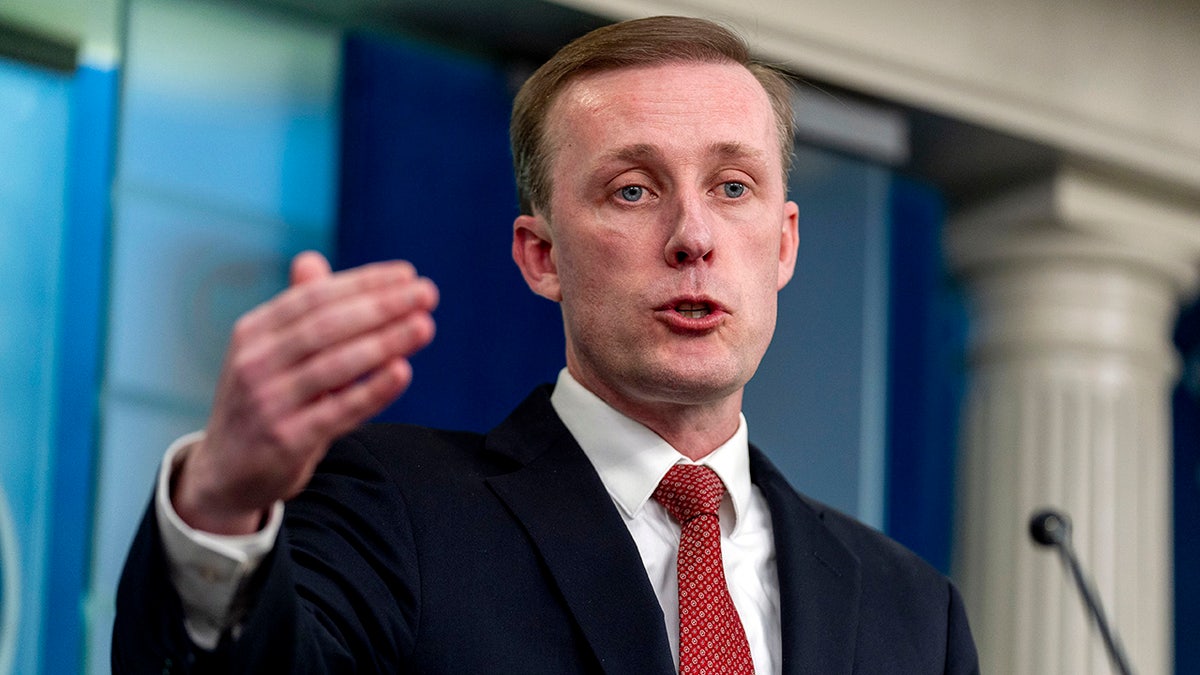Let’s cut to the chase, folks. Treasury Secretary Janet Yellen just wrapped up meetings with Ukrainian Prime Minister Denys Shmyhal and Finance Minister Serhiy Marchenko, and the message was, predictably, one of continued US commitment to Ukraine’s defense and eventual peace. The Treasury Department released a statement reiterating the US stance. But let’s be real – platitudes aren’t tanks and artillery shells.
This isn’t about scoring political points, people, it’s about cold, hard realities. Ukraine needs sustained financial assistance, and quickly. America’s pledge is reassuring, but the devil, as always, is in the details of future aid packages. The level of commitment must match the gravity of the situation.
Understanding Sovereign Debt & International Aid – A Quick Primer:
Sovereign debt plays a critical role in a nation’s financial stability. Ukraine’s ability to service debts is severely hampered by the ongoing conflict.
International aid, like that from the US, is crucial for bridging this gap, allowing Ukraine to fund essential services. It’s not simply ‘charity’; it’s strategic investment in regional stability.
Delays or insufficient aid can trigger defaults, with knock-on effects for global financial markets. Think contagion risk, people!
Moreover, timely aid demonstrates commitment. Consistent, predictable support builds confidence. This is vital for attracting further investment.
Ultimately, this situation highlights the interconnectedness of global finance and geopolitical realities. Ignoring one impacts the other. Period.
We’ll be keeping a close eye on how this commitment translates into actual dollars delivered. This is a story that’s far from over.







